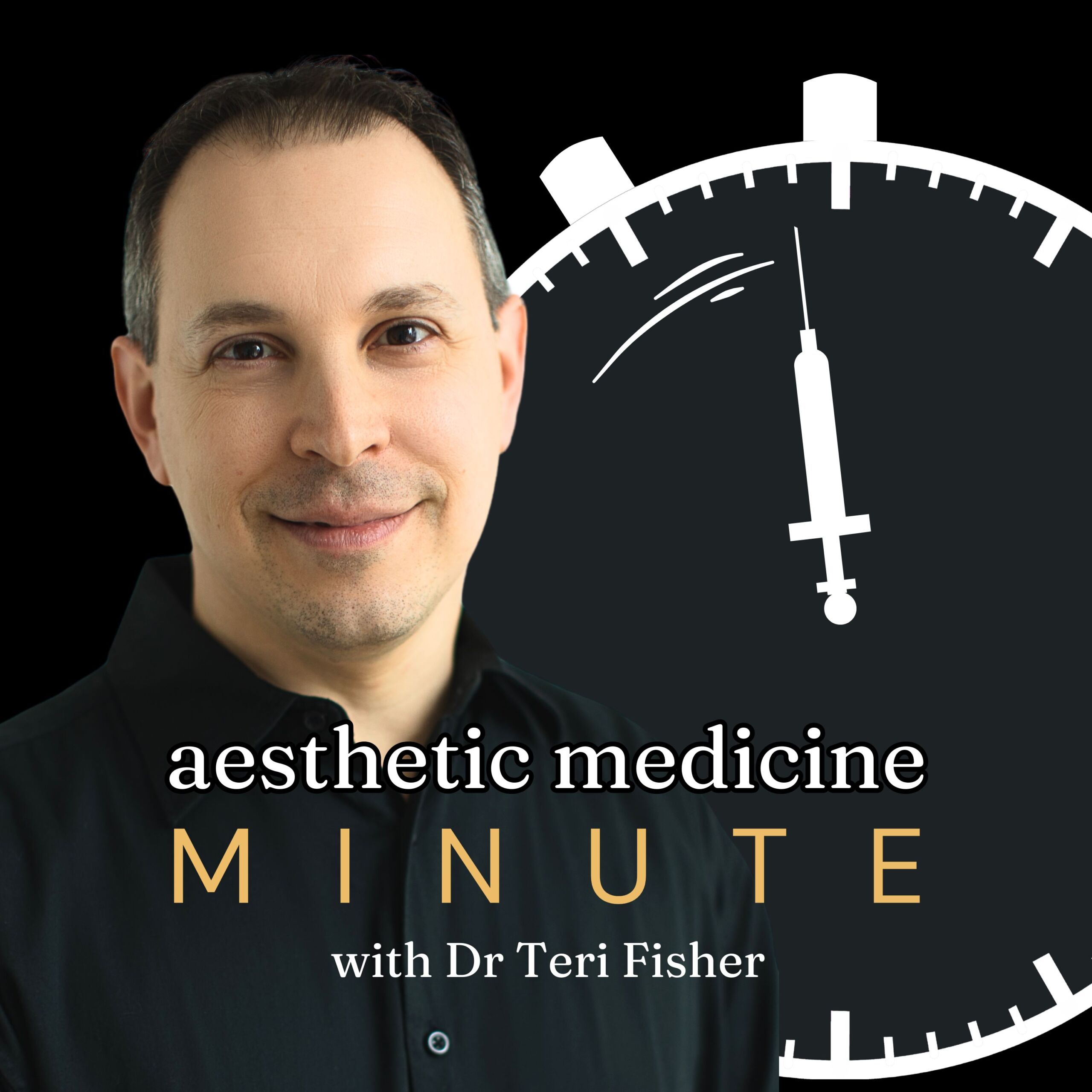
AMM 100: Botox Breakthrough for Depression
June 06, 2024
Dive into today’s episode of Aesthetic Medicine Minute, where we explore groundbreaking research on using botulinum toxin A (BTA) to treat major depressive disorder (MDD). Discover how BTA injections in the glabellar region could revolutionize depression treatment, significantly improving symptoms and potentially offering a new therapeutic option. Learn about the promising results from recent trials and the facial feedback hypothesis, which may explain the mood-lifting effects of BTA. Join us for an insightful look into this innovative approach and what it could mean for the future of mental health treatments.
Quick Takes
- Studies on using botulinum toxin A for depression treatment showed promising results
- Patients treated with botulinum toxin had significant improvement in depressive symptoms
- The mood-elevating effects of botulinum toxin may be linked to the facial feedback hypothesis
Episode Transcript
Welcome to today’s episode of Aesthetic Medicine Minute. It’s June 6th, 2024, and today we have some encouraging news about an innovative approach for treating major depressive disorder.
Recent studies have examined the use of botulinum toxin A, commonly known for its cosmetic use, as a novel treatment for depression. Three independent randomized controlled trials pooled data for a comprehensive analysis of this method. Researchers, including those from the Brain & Behavior Research Foundation in New York, have focused on injecting botulinum toxin into the glabellar region—commonly targeted to reduce frown lines.
The pooled results showed that botulinum toxin significantly improved depressive symptoms compared to placebo. Patients treated with toxin had a 45.7% improvement in depression scores versus 14.6% in the placebo group, as measured by established depression rating scales. This resulted in a response rate of 54.2% and a remission rate of 30.5% for toxin recipients.
The findings suggest that the mood-elevating effects of botulinum toxin could be linked to the facial feedback hypothesis. This theory posits that facial muscle activity influences emotional expression and, consequently, our emotional state. By paralyzing the frown muscles, botulinum toxin may interrupt negative emotional feedback to the brain, thereby reducing the symptoms of depression.
While the results are promising, more extensive trials are necessary to confirm these findings and understand the underlying mechanisms fully. Additionally, there were no severe adverse reactions reported, with temporary headaches being the most common side effect.
Overall, this study adds to the growing body of evidence supporting the potential use of botulinum toxin A as an effective treatment for depression, offering new hope for those suffering from this debilitating condition.
Thanks for tuning in, and until next time, stay confident!
